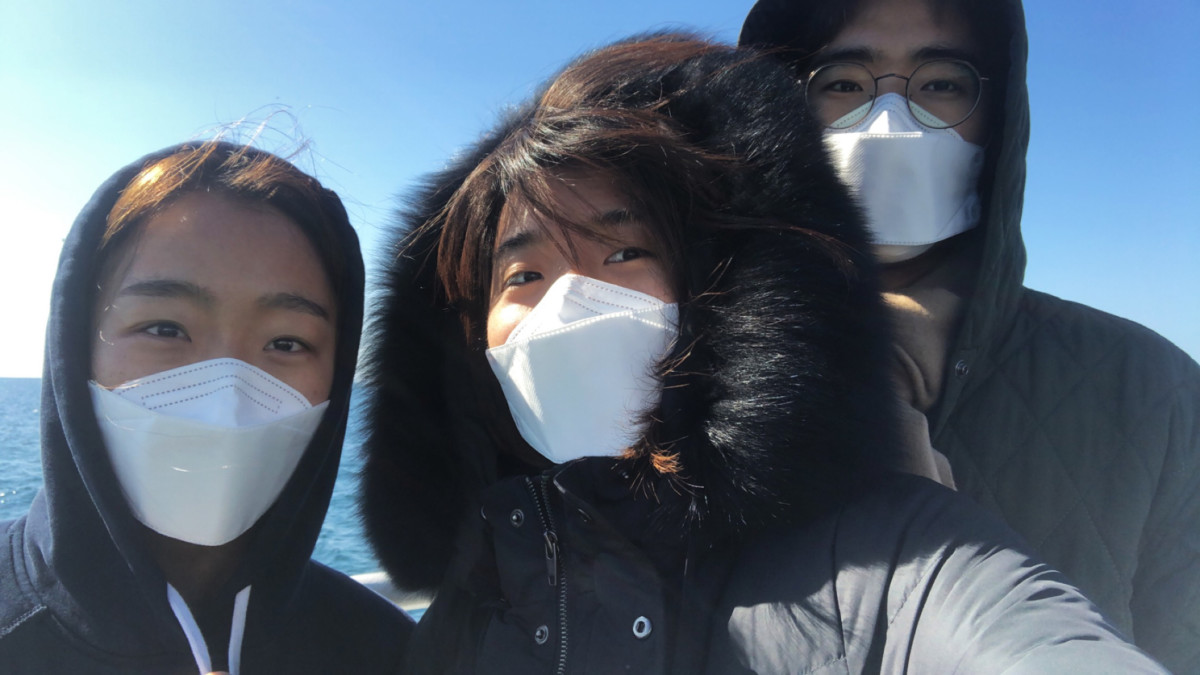Dr. Cristin Muecke, the province’s acting chief medical officer of health, told reporters on Thursday there have been four patients tested and cleared as negative for COVID-19 in New Brunswick.
She said officials are waiting for some test results, but as of March 5, there are no confirmed cases of the coronavirus in the province.
“[The Georges-L.-Dumont laboratory] are able to provide us with presumptive results in 24 hours of receiving the specimen,” Muecke said.
The laboratory sends part of the sample to the National Microbiology Laboratory in Winnipeg, the country’s only Level 4 virology facility, where they can confirm cases of COVID-19. Any diagnosis is considered presumptive until it’s tested in the Winnipeg lab.
The risk of Canadians falling ill with COVID-19 is “generally low,” according to the Government of Canada website.
Tracking the death rate of the virus is difficult. Most cases will go undocumented since people tend not to go to the hospital with mild symptoms, according to a BBC article. As a result, the underreported cases makes it easier to overestimate the death rate.
The Centers for Disease Control and Prevention said older adults and those with “severe chronic medical conditions” like heart, lung and kidney diseases are at a higher risk of getting a more serious case of COVID-19.
Travellers asked to take precautions
Muecke asked New Brunswick residents returning from March Break trips outside the country to watch themselves for symptoms of COVID-19, which include fever, cough and difficulty breathing.
Thirty students from Sussex Regional High School returned to New Brunswick on March 7 after travelling to Italy for March Break. The province’s education minister, Dominic Cardy, said in a Friday news conference that the students were ordered to self-isolate for two weeks upon their return.
Muecke asked those returning from Iran and the Hubei province of China to self-isolate for two weeks.
“Please continue to be kind to one another and assist your neighbours when possible,” Muecke said.
She said those who plan to self-isolate should ask their friends and family to help with groceries and supplies.
Third-year St. Thomas University student Gillian Little plans to study Japanese language and culture at Rikkyo University starting March 18.
Japan has more than 400 confirmed cases of COVID-19 and six deaths, according to the World Health Organization on March 7.
Still, Little said she isn’t worried about going to Japan. Even if she does catch the virus, she said there’s a low chance of her becoming critical because she’s young and she doesn’t have a weak immune system.
“The only fear I have is being quarantined,” Little said over Facebook Messenger.
She plans to frequently wash her hands, keep her hands away from her face, avoid sick people, try to avoid crowded areas and possibly buy a mask to keep herself safe.
Little said she’ll likely self-quarantine two weeks when she returns to Canada in July because if she does have the virus, she’s worried that she’ll pass it on to her four-year-old sister.
But she said STU told her if Japan reached a level three travel advisory, the university will have to cancel her international exchange.
In the storm
Former STU international student Anna Ayoung Jung lives in South Korea where there are almost 7,000 confirmed cases of COVID-19 and 44 deaths, according to the WHO on March 7.
Jung said she has limited her socializing since the outbreak.
“I don’t meet more than one person and [I] look for a place where there are no crowds [when going out],” she said over Facebook Messenger.
Jung works at a book store and hasn’t been able to work because of the coronavirus. Her father’s a dentist and works in his own office. But because he could be directly impacted by the virus, he’s considering closing his office to keep himself safe, leaving Jung’s mother as the only working member of the family.
“My mom is a pharmacist, so ironically she can’t stop working because there are so many patients coming in,” Jung said.
The government recommended citizens should stay indoors as if there were “snowstorms.” Church services and university graduation ceremonies have been cancelled too, Jung said.
Ewha Woman’s University, the university Jung attends now, delayed the start of its first semester. Classes usually begin on March 2 but because of COVID-19, Jung said they were postponed until March 16. Even then, she said the first two weeks of classes will be held online.
Jung said the busy streets of Seoul are quieter compared to two to three months ago.
People are frightened because of the effect COVID-19 has on businesses, not the mortality rates, Jung said.
“You need to reveal the places you have visited if you are tested positive,” Jung said.
She said people are scared that revealing the places they visited will decrease business sales since people would avoid the shops for a while.
Since the outbreak, she said the Korean government are selling masks but limit the sale to five masks per person.
She has 12 disposable masks to split between herself, her brother and parents. Jung said she has a couple of reusable cotton masks, but she’s afraid to wear them because she heard they’re not as protective when it becomes damp from saliva.
“I am thinking that the only solution now is not to go out, to be safe from the virus and to save the masks for my family.”
Jung said she’s worried about how long COVID-19 may last because it slows down society like people cancelling plans to decrease interactions with others. She’s also concerned about the global effects since the virus has spread to Europe and North America, but she hopes more Americans and Canadians will wear masks.
“Some say that it does nothing, but it helps you not to touch your face with dirty hands, at least, which is known to be major cause of the infection,” Jung said, “I hope we can all overcome this disaster soon.”

